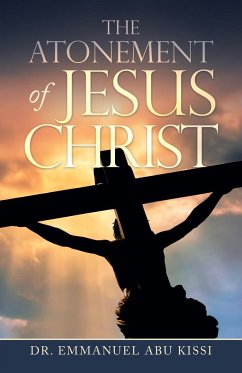James Denney was a Scottish theologian and preacher. Some of his expository sermons preached at Broughty Ferry were published in two volumes of The Expositor's Bible, The Epistles to the Thessalonians in 1892 and The Second Epistle to the Corinthians in 1894. He became a teacher and spent the rest of his life as a professor. Denney's greatest contribution to theological literature is in his robust defense of the penal character of the atonement. In The Atonement and the Modern Mind. Denney insists "the death of Christ cannot be understood unless it is seen as a death for sin, as Christ bearing the penalty in the place of those he came to save." He strongly resisted any attempt to drive a wedge between the substitutionary and ethical aspects of the atonement.
Bitte wählen Sie Ihr Anliegen aus.
Rechnungen
Retourenschein anfordern
Bestellstatus
Storno

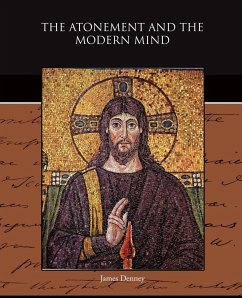
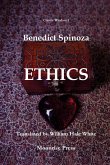
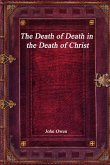
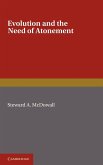
![The Atonement of Christ Chiefly in Relation to the Great Question, Was It for All Mankind or for the Elect Only? [microform]: Embodying the Views Set The Atonement of Christ Chiefly in Relation to the Great Question, Was It for All Mankind or for the Elect Only? [microform]: Embodying the Views Set](https://bilder.buecher.de/produkte/66/66137/66137446m.jpg)
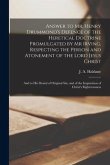
![Saint Paul's Doctrine of the Atonement [microform]: Being the Fourth Annual Lecture Before the Theological Union of Mount Allison Wesleyan College Saint Paul's Doctrine of the Atonement [microform]: Being the Fourth Annual Lecture Before the Theological Union of Mount Allison Wesleyan College](https://bilder.buecher.de/produkte/65/65591/65591284m.jpg)
